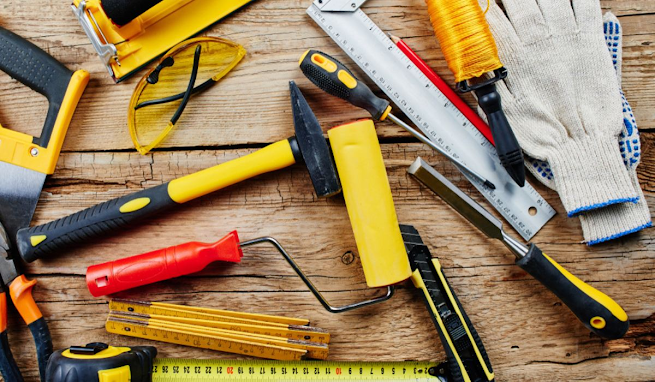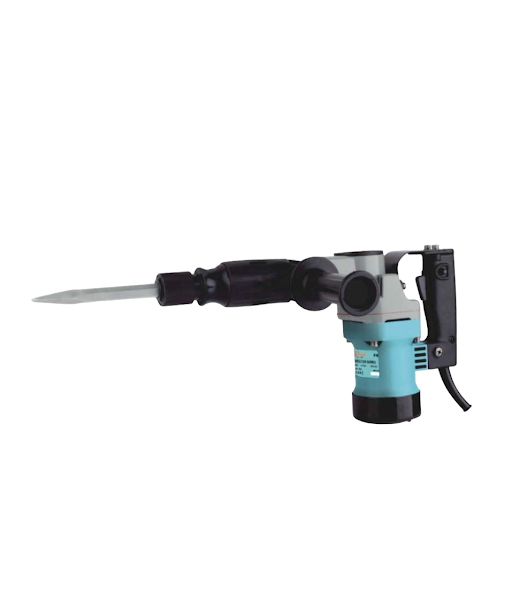Essential Electrical Hand Tools: A Comprehensive Guide for Every DIY Enthusiast
When it comes to tackling electrical projects, having the right tools is crucial for success and safety. Whether you're a seasoned DIY enthusiast or a beginner, having a well-equipped toolbox will make your work easier and more efficient. In this blog post, we'll explore some essential Electrical Hand Tools that every DIYer should have. From basic tools for simple repairs to more specialized ones for complex projects, we've got you covered!
Screwdrivers: A set of quality screwdrivers is a must-have for any electrical project. Opt for insulated screwdrivers that provide protection against electric shock. Flathead and Phillips screwdrivers in various sizes will cover most of your needs, allowing you to tighten screws on outlets, switches, and circuit breakers.
Wire Strippers: Wire strippers are essential for safely removing the insulation from electrical wires. Look for a pair with multiple gauge options to accommodate different wire sizes. Properly stripped wires ensure good conductivity and reduce the risk of short circuits.
Pliers: Pliers are versatile tools that come in handy for a wide range of electrical tasks. Needle-nose pliers allow you to grip and manipulate small components and wires in tight spaces. Combination pliers are useful for cutting and twisting wires, while lineman's pliers are designed for heavy-duty cutting and gripping.
Wire Cutters: Wire cutters are essential for cleanly cutting wires to the desired length. Look for a pair with sharp blades and comfortable grips. Wire cutters with built-in stripping holes can save you time and effort when working with multiple wires.
Voltage Tester: Safety should always be a top priority when working with electricity. A voltage tester helps you determine whether a circuit is live or not, ensuring that you work on de-energized circuits. Choose a non-contact voltage tester that can detect the presence of electricity without direct contact.
Circuit Tester: To diagnose electrical problems and ensure proper functioning of outlets and switches, a circuit tester is indispensable. It helps you identify faulty wiring, open grounds, or reversed polarity. Consider getting a tester with multiple functions, such as detecting GFCI (Ground Fault Circuit Interrupter) protection.
Fish Tape: For more complex electrical projects, such as running wires through walls or ceilings, a fish tape is invaluable. This flexible, narrow strip of metal allows you to navigate through tight spaces and pull wires from one point to another.
Electrical Tape: Electrical tape is an essential tool for insulating and securing electrical connections. It helps protect exposed wires and prevents short circuits. Choose high-quality, flame-retardant electrical tape that provides strong adhesion and long-lasting insulation.
Having the right electrical hand tools is essential for any DIY enthusiast working on electrical projects. By investing in quality tools, you not only ensure your safety but also enhance your efficiency and effectiveness. The tools mentioned in this guide are just a starting point, and depending on the complexity of your projects, you may need additional specialized tools. Remember to always follow safety guidelines and consult a professional electrician for more complex or unfamiliar tasks. Happy DIYing!


Comments
Post a Comment